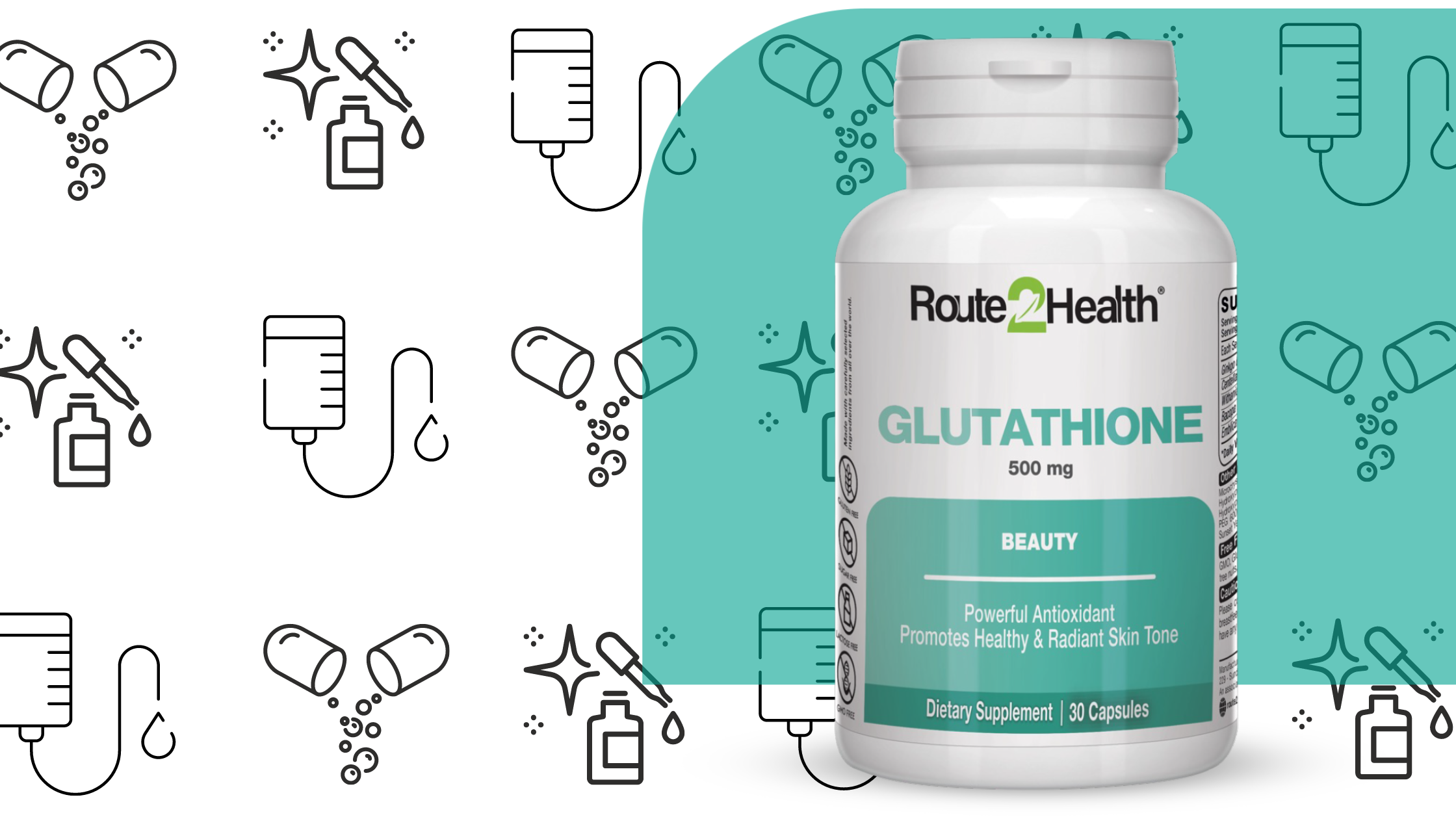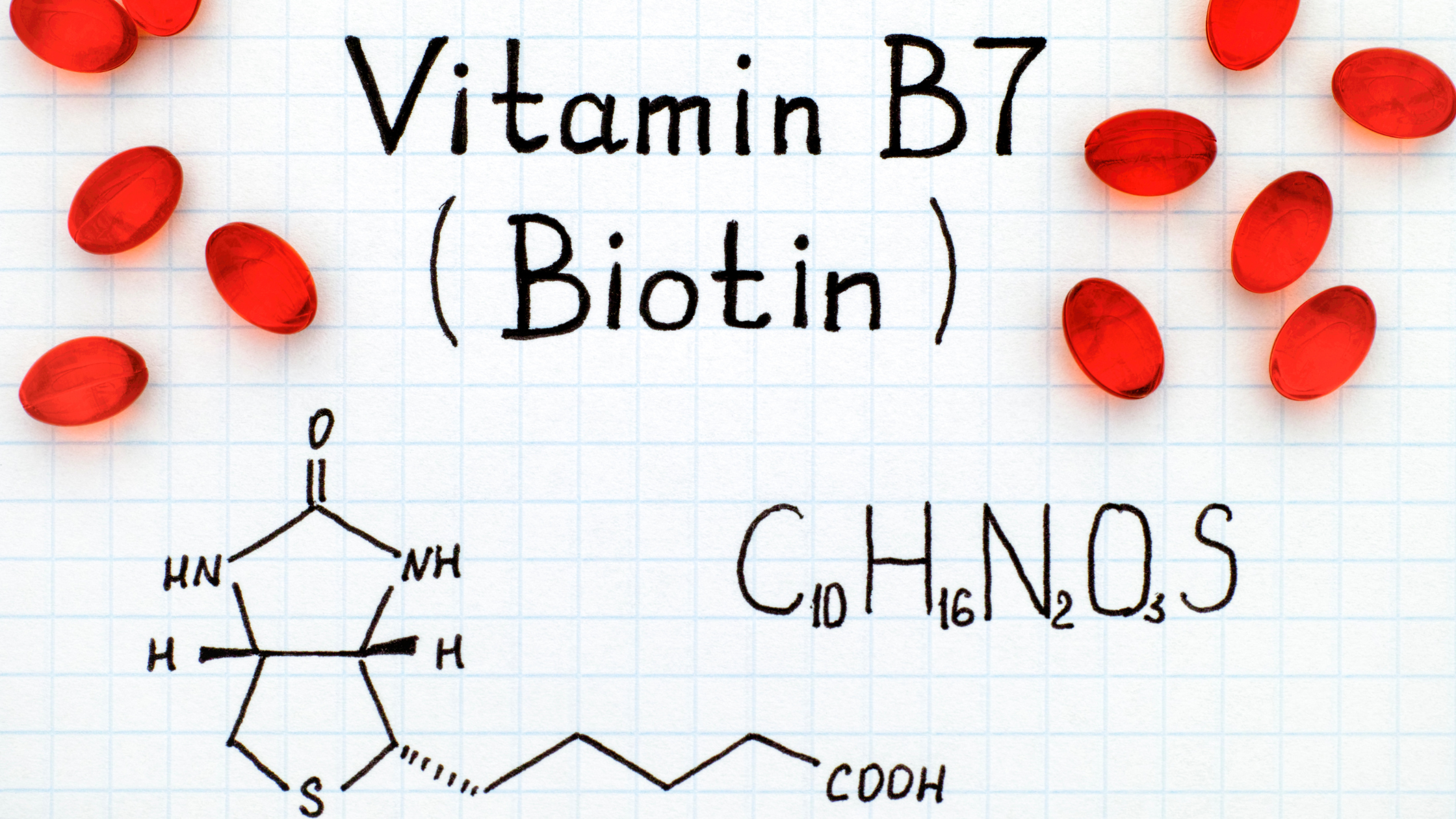
Can Vitamin C Prevent Colds? The Truth About Its Immune-Boosting Power
As the cold season approaches, many of us reach for vitamin C supplements, hoping to ward off the sniffles and sneezes. But does this popular remedy truly prevent the common cold, or is it just a myth? Let's delve into the science behind vitamin C and its role in bolstering our immune system.
Understanding Vitamin C: The Immune System's Ally
Vitamin C, or ascorbic acid, is a water-soluble vitamin renowned for its antioxidant properties. It plays a pivotal role in various bodily functions, including collagen synthesis, wound healing, and the maintenance of cartilage, bones, and teeth. However, its most celebrated function is its contribution to the immune system.
As an antioxidant, vitamin C protects cells from damage by neutralising free radicals—unstable molecules that can harm cellular structures. This protection is crucial for maintaining the integrity of immune cells, which are essential for defending the body against pathogens.
Vitamin C and the Common Cold: What Does the Research Say?
The relationship between vitamin C and the common cold has been the subject of extensive research. A meta-analysis published in BMC Public Health examined multiple placebo-controlled trials where participants consumed at least 1 gram of vitamin C daily. The findings revealed that vitamin C supplementation reduced the severity of common cold symptoms by 15% compared to a placebo. Notably, the vitamin had a more significant impact on severe symptoms, while its effect on mild symptoms was less pronounced.
It's important to note that while vitamin C may not prevent the onset of a cold, regular supplementation can lead to milder symptoms and a shorter duration of illness.
How Does Vitamin C Enhance Immune Defense?
Vitamin C supports the immune system through several mechanisms:
- Enhancement of White Blood Cell Function: Vitamin C stimulates the production and function of white blood cells, including neutrophils and lymphocytes, which are crucial for defending the body against infections.
- Antioxidant Protection: By neutralising free radicals, vitamin C reduces oxidative stress, which can weaken the immune system. This antioxidant action helps maintain the health and functionality of immune cells.
- Skin Barrier Support: Vitamin C contributes to collagen production, which is essential for maintaining the skin's integrity. Since the skin acts as a primary barrier against pathogens, a robust skin barrier enhances overall immunity.
- Anti-inflammatory Effects: Vitamin C reduces the production of pro-inflammatory compounds, thereby modulating the inflammatory response during infections. This modulation can alleviate symptoms and prevent excessive tissue damage.

Incorporating Vitamin C into Your Routine
To harness the immune-boosting benefits of vitamin C, consider the following:
- Dietary Sources: Incorporate vitamin C-rich foods into your diet, such as citrus fruits (oranges, lemons, grapefruits), strawberries, kiwi, bell peppers, broccoli, and tomatoes.
- Supplementation: For those who may not obtain sufficient vitamin C through diet alone, supplementation is a convenient option. Route2Health offers Vitamin C supplements in 500mg and 1000mg dosages, providing a reliable source to support your immune health.

Conclusion
While vitamin C may not be a guaranteed shield against the common cold, consistent intake can reduce the severity and duration of symptoms. By supporting various immune functions, vitamin C serves as a valuable ally in maintaining health, especially during cold seasons. Incorporate vitamin C-rich foods into your diet and consider supplementation to ensure adequate intake.
Boost your immune system now with Route2Health's Vitamin C supplements, available in 500mg and 1000mg.
FAQs
1. Can vitamin C prevent the common cold?
While vitamin C does not prevent the common cold, regular supplementation can reduce the severity and duration of symptoms.
2. What is the recommended daily intake of vitamin C?
The recommended daily intake varies by age and gender but generally ranges from 75mg to 90mg for adults. Pregnant women may require up to 120mg daily.
3. Are there side effects to consuming too much vitamin C?
Excessive vitamin C intake can lead to digestive discomfort and, in extreme cases, may cause diarrhoea. It's essential to adhere to recommended daily allowances.
4. What are natural sources of vitamin C?
Fruits such as oranges, strawberries, kiwi, and guava, as well as vegetables like bell peppers and broccoli, are excellent sources of vitamin C.
5. Is vitamin C beneficial for skin health?
Yes, vitamin C supports collagen production, provides antioxidant protection, and may contribute to a more radiant complexion.























































